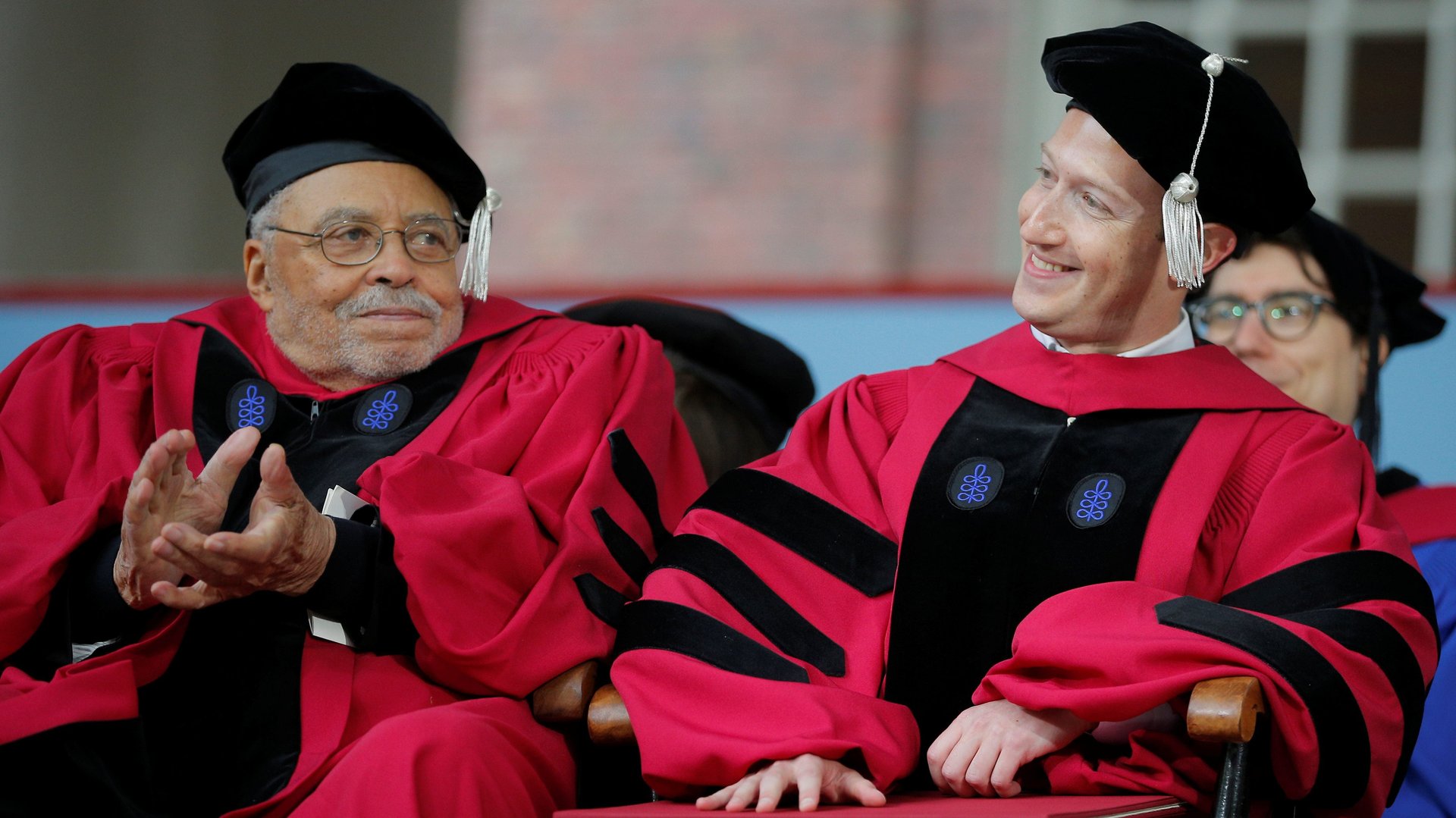Four reasons tech companies should hire more PhDs—and not just computer scientists
“One man’s loss is another man’s gain.”


“One man’s loss is another man’s gain.”
That proverb means different things in different contexts. For recent PhD graduates who are struggling to find academic employment, many wonder “who will I be a gain to?” Most will not have a chance to apply their talents in academia. However, one sector of the economy that stands to gain from academia’s loss is technology.
The academic job market has been tightening for years. A major source of stress for newly minted PhDs is the disappearance of tenure track professorships. Due to market forces and a host of other reasons, tenure track positions, the assumed career goal for most PhDs, are heading towards extinction. Across all disciplines, the number of tenure track jobs have been declining for decades. Yet according to a National Science Foundation study, the number of PhDs awarded each year has grown by more than 20% since 2004.
In 2014, 54,070 PhDs were awarded. Yet well under 50% of these individuals will get a tenure track position.
Many PhDs try to stick it out hoping that somehow next year will be different. There are precarious career paths such as 1-3 year postdoctoral fellowships, 1-3 year contracts as visiting professors, or, toughest of all, adjuncts who are paid on a course by course basis.
The disappearance of tenure track positions provides an opportunity for organizations to tap a talent pool comprising bright, creative, and diverse minds. If they were to reach out to universities to discuss ways of interviewing and recruiting PhDs, they would find a welcome audience (both from students looking for an alternative to an academic career and university career services looking to help their students). Over the coming years, many of these PhDs will seek careers in areas like government, non-profits, and the private sector.
Tech companies shouldn’t recruit PhDs based on altruistic motives. PhDs are highly intelligent, passionate, and self-driven. That is one reason why they spend years hyper-focused on esoteric questions.
Though many businesses may think that the only useful talent here are STEM PhDs, they should also look closely at liberal arts PhDs, who are adept writers and analysts. PhDs will bring the same intensity that drove their research for years to organizations ranging from early stage startups to large companies. Few degrees are an indicator of passion. People may go to law school, business school, or medical school because they want a job that pays a good salary when they graduate.
But almost no one pursues a PhD for the prospect of a lucrative salary upon completion. They are compensated in the currency of critical thinking, intellectual engagement, and an unquenchable thirst to push the boundaries of knowledge. There is a sublime joy associated with this focus.
Though there are various reasons for why tech companies would benefit from hiring PhDs, here are four:
First, PhDs are passionate about what they apply their intellect to. Passion, perhaps second only to funding, is the lifeblood of an early stage startup. Whether they are biochemists or historians, most PhDs are motivated by a mission. This is one of the most salient overlaps between PhDs and startups: the goals are less about making money for the sake of money and more about sacrifice and dedication towards a higher purpose.
If they believe in a mission, they will pursue it for years, possibly decades.
Second, PhDs, especially those in the liberal arts, are excellent writers. Most people would be challenged to formulate an original question and then roadmap the answer through arduous research and writing.
Every organization needs content, yet most find it difficult to produce it on a daily basis. PhD programs are Darwinian selectors for those who have the aptitude to write quickly and clearly. Though most have no experience in tech, they can translate products into lucid, pristine prose.
Most people are unaware of what goes into a dissertation. Discovering a problem, formulating it into a coherent question, probing every dimension of it, devoting hundreds of hours conducting lab experiments or scouring thousands of documents, and then synthesizing that research into a lengthy, book-size document are tasks that require a specialized skill set and drive. But by the time PhDs graduate, it’s second nature for them.
Third, PhDs can be hired at a cost that is both low risk and high reward, both for the organization and the individual. Whether they are computer science or classics PhDs, they will require more training and will have a steep learning curve for the first 6 months. But tech companies can hedge their bets by hiring a PhD as an intern. If they like what they see, then they can keep them on full time.
Finally, PhDs have a track record of success but that record exists outside the traditional checked boxes that HR departments often demand. Executive leadership, however, can empower their HR to put PhD applicants in a special pile. PhD training is grueling. Attrition rates can be high depending on the program. One reason why I tip my hat towards every PhD is because everyone who’s made it through the gauntlet has a proven level of grit that is hard to gauge by simply looking at their degree.
Having transitioned from academia to tech, I am aware of how difficult it can be to find passionate, mission-oriented talent. No degree perfectly filters for this. But a PhD comes closer than most.